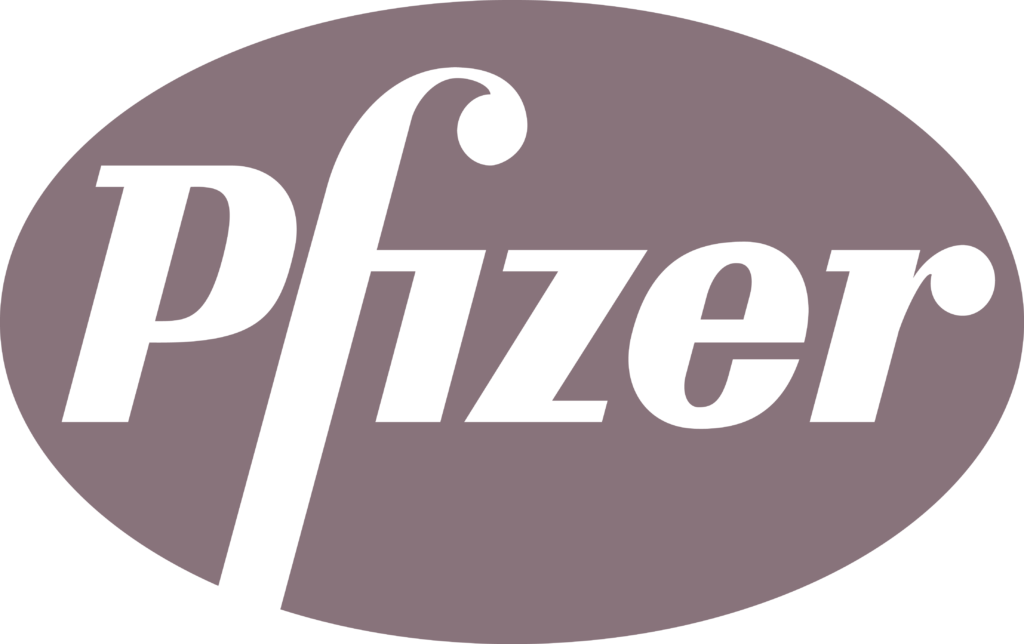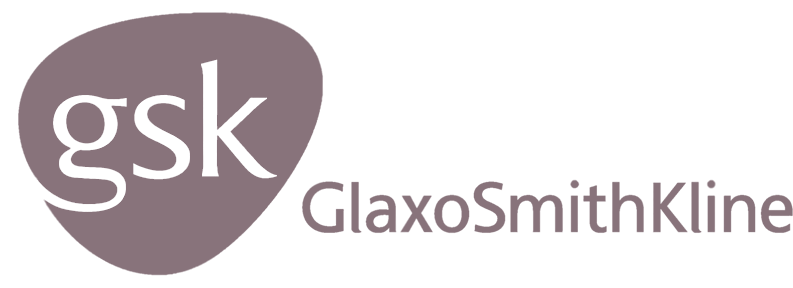Life sciences
Historically highly profitable, the life sciences industry is now undergoing accelerated change in a context of economic pressure, increasing regulatory requirements, price/service competitivity on OTC products, deregulation and the rationalisation of public health devices.
Challenges in the life sciences industry
Facing these evolutions, pharmaceutical laboratories must continually improve service to their customers through the development/launch of new products or their improvement, and the development of service to the patient and the prescribers, taking advantage of digital capabilities.
Laboratories must also continue to look for scale effects to reduce increasing costs of R&D through industrial or distribution synergies. Acquisitions must be integrated effectively, particularly concerning organisational structure, processes and IT.
Life science companies need to be increasingly flexible whilst controlling costs; adapting the distribution strategy, improving demand steering and the collaboration model through controlling the balance between demand, inventory and industrial capacity, evolving the industrial model (decoupling points, delayed differentiation, campaign size), stock policy optimisation, production cycle reduction and the management of change controls.
How we can help with life science challenges
We help life science companies transform, from operations assessment to the implementation of improvement initiatives throughout the supply chain.
Operations strategy
- governance and supply chain and operations organisation
- make or buy and industrial footprint
- reduction of catalogue complexity
- carve out/post-merger integration
Operations digitalisation
- real-time traceability via IoT (flows, transportation, parallel markets, temperature monitoring etc.)
- demand forecasting
- manufacturing process control
- predictive maintenance development
- APS system deployment
Economic performance and cost control
- (re)design to value
- efficiency of purchases/should-cost of packaging
- industrial competitiveness
- inventory reduction
- SG&A reduction
- cost to serve and logistics routes optimisation
- governance and performance steering
Agility
- NPI
- planning chain synchronisation and execution: sell > replenish > produce > order
- reactivity and industrial flexibility (MTO/MTS, production campaign size, security distribution and demand signal stabilisation)
Compliance
- change control management
- serialisation model choice and time to market control
- release process
- control of the master data
Collaboration
- supply chain steering and APS deployment
- interaction with the CDMOs: supplier development
- collaborative planning with manufacturers
- risk management of supply sources
Our approach
We apply a combination of technical expertise, operational experience and business knowledge to help our clients solve life science issues and deliver lasting results. Our personal, and pragmatic approach, with challenge where needed, ensures buy-in at all levels of our clients’ businesses and a successful outcome. We have worked with a wide range of organisations in the life sciences industry including Arysta, Pfizer, Merck, GSK, Bristol-Myers Squibb (BMS), Novartis, Roche, Sanofi, Servier and IPSEN. Learn more about us here.










